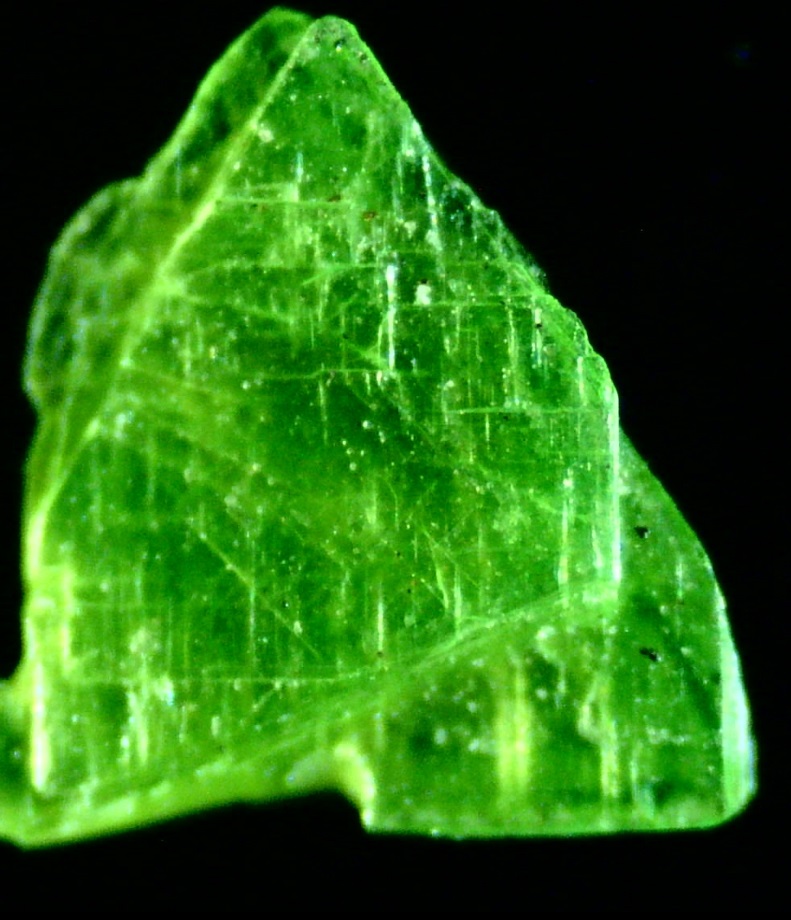Toro moves ahead with positive view
 Uranium exploration firm Toro Energy has a new non-executive director and chairman on its board.
Uranium exploration firm Toro Energy has a new non-executive director and chairman on its board.
Tim Netscher has taken over as chair of Toro Energy effective November 1.
He will replace Fiona Harris, who announced her retirement from the board last week.
Mr Netscher is also the non-executive chairman of St Barbara, and a non-executive director of Western Areas, Gold Road Resources and Aquila Resources.
The former chemical engineer says he will give up his position as non-executive chairman of Namibian Uranium firm Deep Yellow.
Toro managing director Dr Vanessa Guthrie has welcomed Netscher to the position.
“Tim’s outstanding experience as a mining executive on large capital projects enhances the skill set needed to deliver Toro’s strategy to become the leading mid-tier Australian uranium company through the financing and construction of the Wiluna Project,” she said.
“At the same time, we recognise the difficult circumstances that have faced our retiring Chairman, Fiona Harris recently, and appreciate her commitment to Toro during what has been a personally challenging time.”
“We wish Fiona all the best in the coming months.”
Netscher will receive an annual fee of $95,000 per annum, with the option to substitute a part of his remuneration for shares in Toro Energy.
Toro’s 2015 annual report last week outlined an optimistic vision of the future for the sometimes contentious commodity.
It believes the uranium market has hit its lowest level, and will now be on the way back up.
The spot price rose 30 per cent at the start of the 2014-15 financial year, up to to $US36.50 per pound at the year’s close.
Toro says there will be a long-term steady price of $US44-45 per pound at the end of this financial year.
From there, it expects market demand to grow by 15 to 22 per cent by 2020, and then 38 to 57 per cent by 2025.
China has 25 new nuclear reactors under construction, on top of its currentt 26 operational reactors.
Toro now expects China will have 92 reactors in operation by 2025, and 129 reactors by 2030 - a whopping five-fold expansion.
While ERA’s Ranger Uranium Mine is set to close in 2021, and the South Australian government’s royal commission into nuclear energy is still underway, Toro believes demand for local uranium will rise, but over that supplies will not be sufficient to meet market demands.







 Print
Print